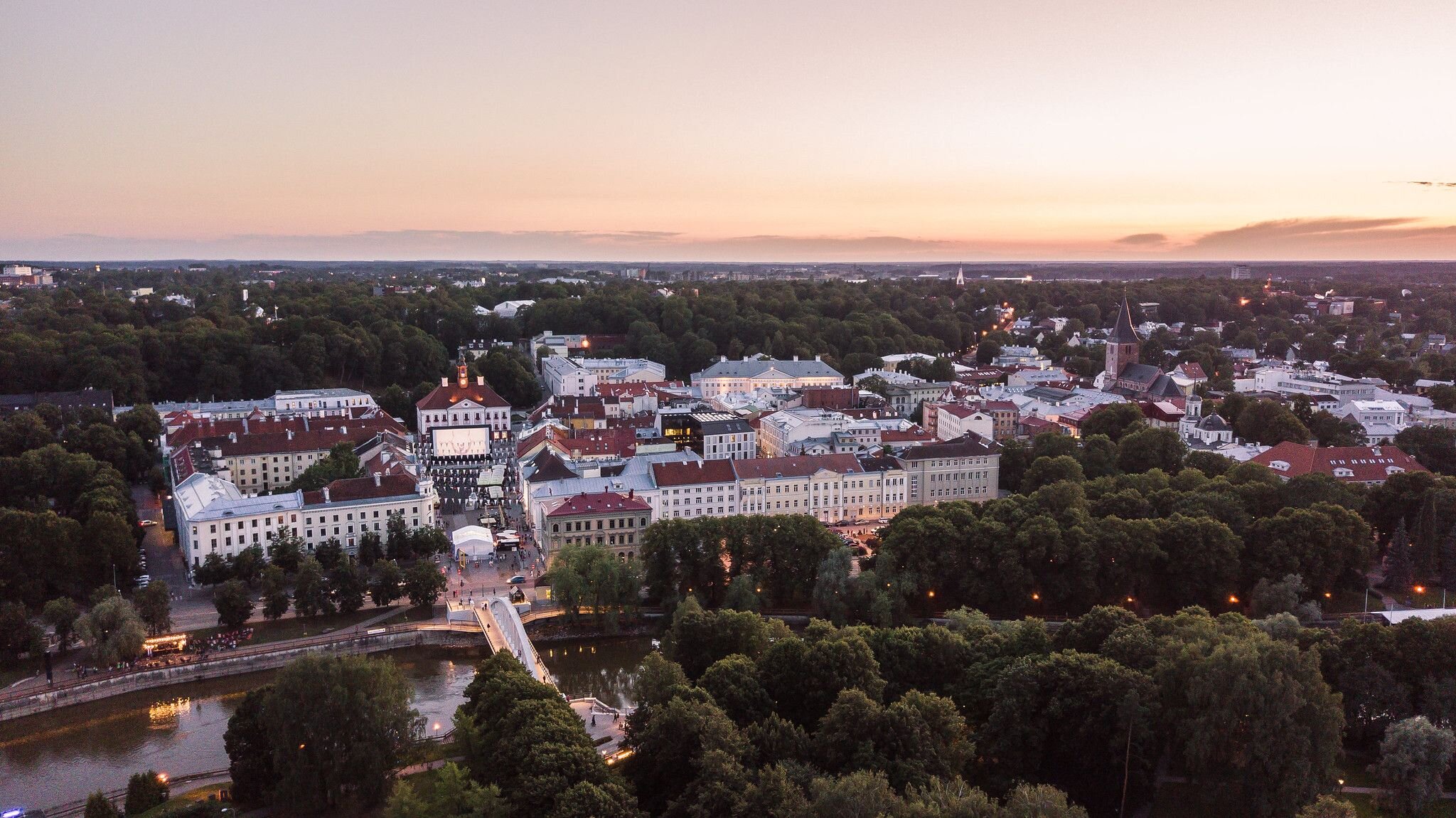
TARTU
Marm (1968)
An underground literary magazine
In Estonia, the 1960s are often called the decade of poetry. Influenced by the hopes that arose during the Khrushchev Thaw as well as the disappointment following the suppression of the uprising in Prague in 1968, a new generation of poets emerged, enriching poetry with new themes, poetics as well as attitudes. Having started their writer's careers under the guidance of official literary organizations, which had by the time become a common practice, many of them soon became disappointed in the new, much subtler and hidden forms of censorship and (perhaps also following the powerful Russian samizdat tradition introduced by the politically minded authors released in these years from prison camps) started publishing their literary attempts in underground collections.
At the end of the 1960s and in the 1970s, compiling and issuing these collections became a tradition. They were prepared on typewriters or as photocopies (less than 50 copies of a number) and spread among people despite their small number of copies. The magazines contained mostly poetry but also essays and shorter prose pieces. Most of these magazines were compiled and copied in Tartu, including Marm, one of the earliest and perhaps also the most well known underground magazine of the kind. Marm was prepared as photocopies and included poems and essays by 11 authors. The title Marm is borrowed from the Old Norwegian language, this rare word signifying a wave breaking against rocks as well as the sound it makes.
Picture and Word. Hullunud Tartu / Crazy Tartu 2010-2012
Hullunud Tartu / Crazy Tartu is an international interdisciplinary cultural festival taking place every November since 2010. The festival, initiated by the Estonian poet Jaan Malin and organised in cooperation with the Estonian Literary Society and the Estonian Writers' Union, brings together writers, poets, musicians and artists from all over Estonia and also from abroad.
One of the aims of the festival is to offer to the audience as many unseen or unheard things as possible therefore many performers have taken the opportunity to introduce their new, unpublished works at the festival. In 2013 the organisers decided to start publishing selections of the works that have been performed and exhibited at the festival - as a result three multilingual anthologies have been published, as well as a smaller booklet for the 2020 festival.
The first anthology the current cover photo represents includes works by more than 40 writers who performed at Crazy Tartu during the years 2010-2021.
Tähetund (1966)
Betti Alver
Betti Alver (1906-1989), one of the most notable poets in 20th century Estonia, lived a great part of her life in Tartu. She debuted in 1927 writing prose and made the shift from prose to poetry in 1931, debuting with her lyrical epic Lugu valgest varesest [The Tale of a White Crow] followed by the collection of highly acclaimed lyric poems, Tolm ja tuli [Dust and Fire] in 1936. After the war, Alver, having become a persona non grata for the Soviet regime, disappeared from the literary scene and focused primarily on translations. Her translation of Pushkin’s Eugene Onegin received much praise; she also translated world classics such as Baudelaire, Gorki, Goethe, and Heine.
The rehabilitation of several suppressed writers in the end of the 1950s as well as the atmosphere of hope and renewal in the 1960s brought Alver back to the literary scene and the publication of the collection Tähetund [Stellar Hour] in 1966 marked her comeback. Having been silent for almost twenty years, Alver was met with earnest enthusiasm by the Estonian people. All 10,000 copies of the first edition sold out in a few hours. In 2016 Tartu Department of Writers Union and Tartu International Literature Festival Prima Vista asked a progressive rock band Põhja Konn to create songs based on a selection of poems from the collection - this celebrated the 50th birthday of Tähetund and at the same time the 100th anniversary of Betti Alver who remains at the core of the literary identity of Tartu.
Monument to Kristjan Jaak Peterson
Estonian writer and poet.



